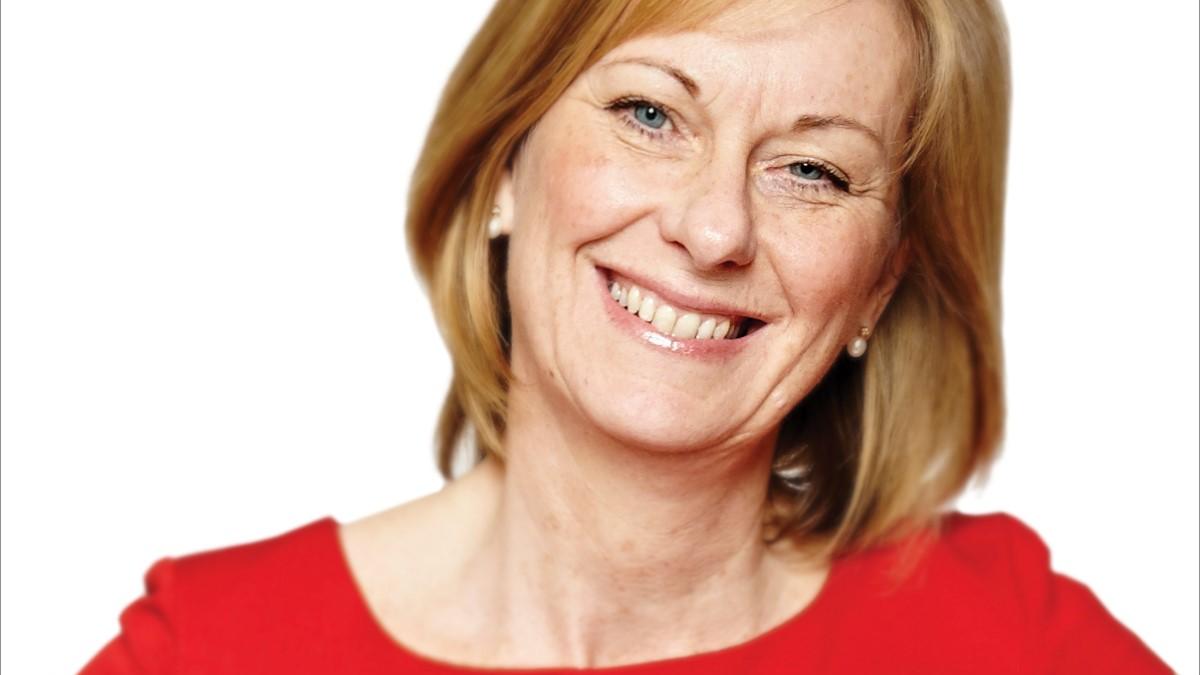CSP chief executive Karen Middleton encourages members to be part of the new-look council.

Well, the year is coming to a close and the excitement of the CSP annual general meeting is over. Those of you who were there will appreciate that some critical decisions were taken which will shape our profession and the CSP for many years to come.
After two years of reviewing the governance arrangements at the CSP, of council proposing a new model and of intense engagement with members, we are now in the business of turning the decisions into operation, while continuing with the council and committee transition arrangements.
‘Into operation’ means launching the election process for the new council of 12 members. The council of 12 won’t be doing the same as the council of 27, so this isn’t just about structure. This council will be working at a much more strategic level, dealing with the big issues the physiotherapy profession and the CSP is facing. All 12 will be working with members much more all over the UK and making sure all 56,000 are engaged with the CSP strategy to deliver its mission and vision for physiotherapy.
I recognise that members giving of their time voluntarily is tough on top of everything else so it is important that being on council benefits you and your employer. It’s very common in the medical world for doctors to be engaged in their professional body and trade union and to use their experience as part of their continuing professional development (CPD) and, indeed, as evidence in job applications.
I hope that the purpose of council – to lead the profession and provide governance to the CSP – will certainly provide plenty of CPD for members who stand. They’ll need to understand organisational governance, working strategically (so many ask me ‘what does that mean?’), finance, grappling with difficult professional dilemmas, debating in a diverse forum, public speaking ... the list goes on.
Of course, we want a diverse range of members to stand for council, the governing body for the CSP and our profession, but it will be down to the membership to choose the 12 best leaders for the profession. For the first time, all members will be able to vote for all council members. So the membership, too, has a responsibility to choose a diverse council.
This is critical because we know that while a diverse group of people can make debate more challenging, it is also likely to produce a much better outcome. Diversity avoids group think and with 12 physiotherapists we already have a pretty homogenous group! Evidence shows that diversity brings improved performance and productivity.
It is imperative that the membership digests the evidence that candidates put forward to see if they fulfil the competence required and whether the 12 reflects the diversity of the profession. And remember that diversity can relate to the ethnicity, LGBT (lesbian, gay, bisexual or transgender)identity, disability, religious beliefs or caring responsibilities of members as well as clinical expertise or work setting.
Lastly, the issue of the 12 best leaders. Anyone who was at #Physio17 will have seen and heard some fantastic examples of leadership from all parts of the membership and from all levels, including associates and students. Leadership is not about position but about influence and creating ‘followership’.
So as the year closes, and most are looking forward to a well-earned break over Christmas, I ask you to read the information about council and the elections.
While there will be plenty of other ways to engage and influence the work of the CSP, this is an opportunity to shape the profession and the organisation. With 2018 looming, why not think about being there at the beginning of something that members will one day see as a seminal moment.
Thanks everyone – and if you’ve any queries about what the role might involve, please contact CSP chair Catherine Pope or read her blog.
Bring on 2018!
Contact Karen
- You can email Karen at: enquiries@csp.org.uk
Number of subscribers: 2
